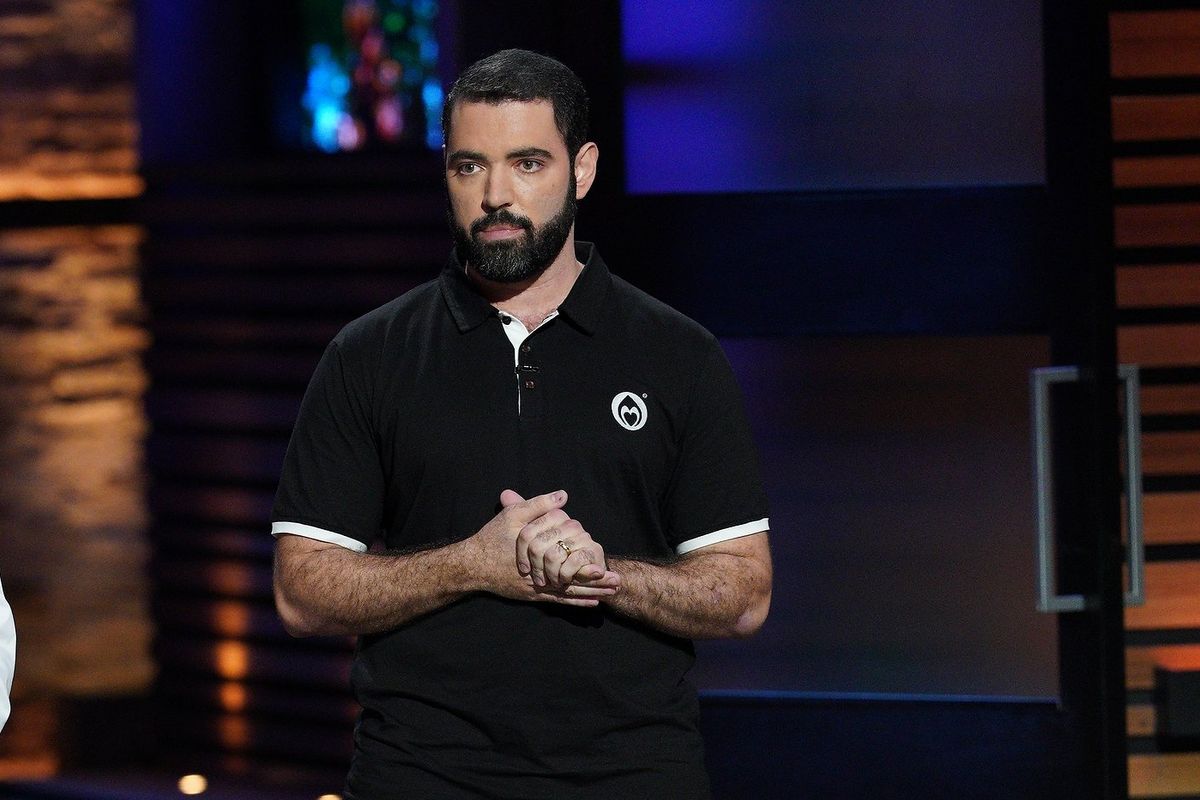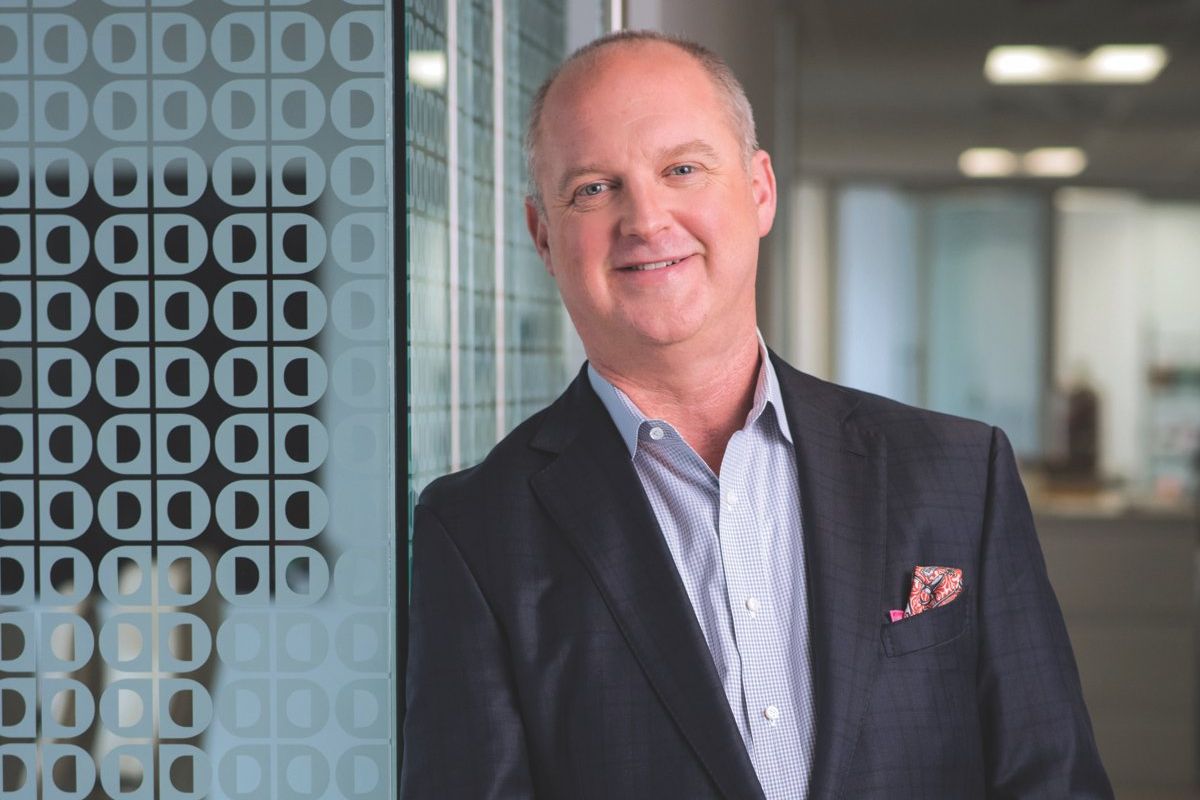If everyone that attended a college or university were polled, they’d all likely agree that one of the worst parts of the experience was the rising costs of textbooks.
In an effort to combat the hefty price tag of assigned texts, OpenStax, a nonprofit education startup out of Rice University, which is on a mission to increase educational access for all, seeks to democratize high-quality education by offering free, peer-reviewed, openly licensed textbooks for students and knowledge seekers across the globe.
This month, OpenStax will add to its 57 open education resources, or OER, titles with a full version of John McMurry's popular pre-med textbook, Organic Chemistry, under an open license to honor his late son, Peter, who passed away in 2019 after losing his battle with cystic fibrosis.
“The author, John McMurry, granted us the ability to publish the 10th edition openly,” Anthony Palmiotto, director of higher education at OpenStax, tells InnovationMap. “So, the most widely used organic chemistry textbook went from being one of the most expensive undergraduate texts on the market (almost $100), to a free and open text, making this a watershed moment for OER.”
This school year, OpenStax is adding 16 academic institutions onto its platform, including Georgia State University, Southwest Texas Junior College, Texas A&M University-Commerce, University of San Diego, and more. It's the largest batch of new schools OpenStax has onboarded in a year, Palmiotto says in a news release.
Founded to increase access

Richard Baraniuk, a professor of Electrical and Computer Engineering at Rice University, founded OpenStax. Photo via rice.edu
OpenStax founder and director Richard Baraniuk, a professor of Electrical and Computer Engineering at Rice University, started the OER publisher in 1999 to remove financial barriers and make educational resources more widely available. Much like increasing access to McMurry’s Organic Chemistry, the goal is to continue to support both learners and educators by providing easily accessible and well-developed materials.
“Our mission is to support all learners in their educational pursuits by providing access to high-quality education,” Palmiotto says. “Richard Baraniuk founded it initially as a way for faculty and others to get their material and their knowledge in the form of textbooks and other learning materials to students.
“And then born out of that, we started this robust textbook development and course material development program where we put out the highest-quality materials we can in a way that fits the way courses are taught. Meaning convenience and scope and sequence and other needs that instructors must use textbooks. So really the access was really the start of it, increasing that and lowering barriers to education, and then a lot flowed from that.”
OpenStax’s library of OER titles, which are published under a Creative Commons Attribution license, are free and easily accessible on the go and usable on any device in multiple formats, including digital and PDF.
Funded by philanthropic supporters, OpenStax normally works to openly access five or six books per year, working mostly on introductory courses. Most recently, the Texas Higher Education Coordinating Board funded the publisher to do a series of nursing books, eight in total.
“Before the nursing books, we were doing business books,” Palmiotto says. “Murry’s book builds out our science offerings, so we're thinking about the different areas that students take that can be barriers for them to move up in education and succeed. From there, we’ll continue to think about how a free textbook can help students through that process.”
Tapping into tech

Currently, OpenStax has over 7.5 million users in the formal education space, primarily in higher education introductory courses, as well as grades K–12. Photo via openstax.org
In addition to nursing, OpenStax is working towards releasing books in data science and computer science, including programming, workplace software and, eventually, artificial intelligence.
“AI is a big deal to us,” says Palmiotto. “We're thinking about it a lot, and in the books themselves, we're incorporating as best we can how AI plays into Data Science, Computer Science and Python Programming those. We’re thinking about how AI could be used and will impact programming, for example. But the AI landscape is changing as we go, and that's another reason we don't just put out the books, we maintain them.
“So, we can continually update them. Once we publish, six months later, we can publish updates or additions to reflect what's happening in courses or in professions or in the workforce to reflect how AI is being used as new software is released and so on.”
As OpenStax continues to build on its OER title database, they are using multiple methods of outreach to reach as many people as possible. Currently, they have over 7.5 million users in the formal education space, primarily in higher education introductory courses, as well as grades K–12.
“Over 140 countries are using our material,” says Palmiotto. “We're not as easily able to track how many students have used our material in all those other countries. But that's not the point, we want to put it out there. We know it's being used. We want to help as much as possible. But it is being used in all those countries and in different ways. Some people are translating it. Some people are using it in English. Some people are breaking it up. It just depends on what they need.”
Evolving the industry

OpenStax repeatedly receives feedback from users worldwide that appreciate the openness and availability of their books. Photo via openstax.org
As much as OpenStax is a disrupter to conventional textbook publishers, they would rather work in partnership with publishers like Murry’s former house Cengage rather than outright replacing them.
“What we've tried to do with those publishers is actually partner with them and say, we know that textbook prices were too high,” says Palmiotto. “Some of them partnered with us, Cengage, Riley, some of the other publishers, like Macmillan, incorporate our textbooks into their platforms so that instructors and students have that flexibility even with those publishers.
“Not every publisher wants to do that. That's their choice. But what we've tried to do is say ‘let's make an ecosystem.’ That's what we call it and let them participate in this movement that open education has become.”
With their textbooks on an open forum, it might seem that OpenStax texts would be susceptible to hacking or other unauthorized changes. But, according to Palmiotto, there’s a safeguard to that.
“We keep the standard version,” he says. “That's why a lot of people keep using it because they know that the version that we provide will be the most up-to-date version. But it is openly licensed. So, if we see that a school wants to teach the course in a slightly different way or if they want to recombine two different books to make a different course, take biology and make human biology, or take philosophy and make ethics or something, they can do that.
“But we still retain the standardized version that we redistribute and make sure that that's the high-quality one that people can look to. So nobody is getting back to our version and changing it, but they do have the opportunity to change their own.”
After more than a decade in the space, OpenStax repeatedly receives feedback from users worldwide that appreciate the openness and availability of their books.
“We have some great stories of different learners from all over the world that are non-traditional students facing barriers,” says Palmiotto. “And having a free textbook and not having to choose between food and their book or courseware makes a huge difference in their lives. If they have this flexibility in what they have to purchase, most people appreciate that choice.”








 Apple doubles down on Houston with new production facility, training centerPhoto courtesy Apple.
Apple doubles down on Houston with new production facility, training centerPhoto courtesy Apple.





